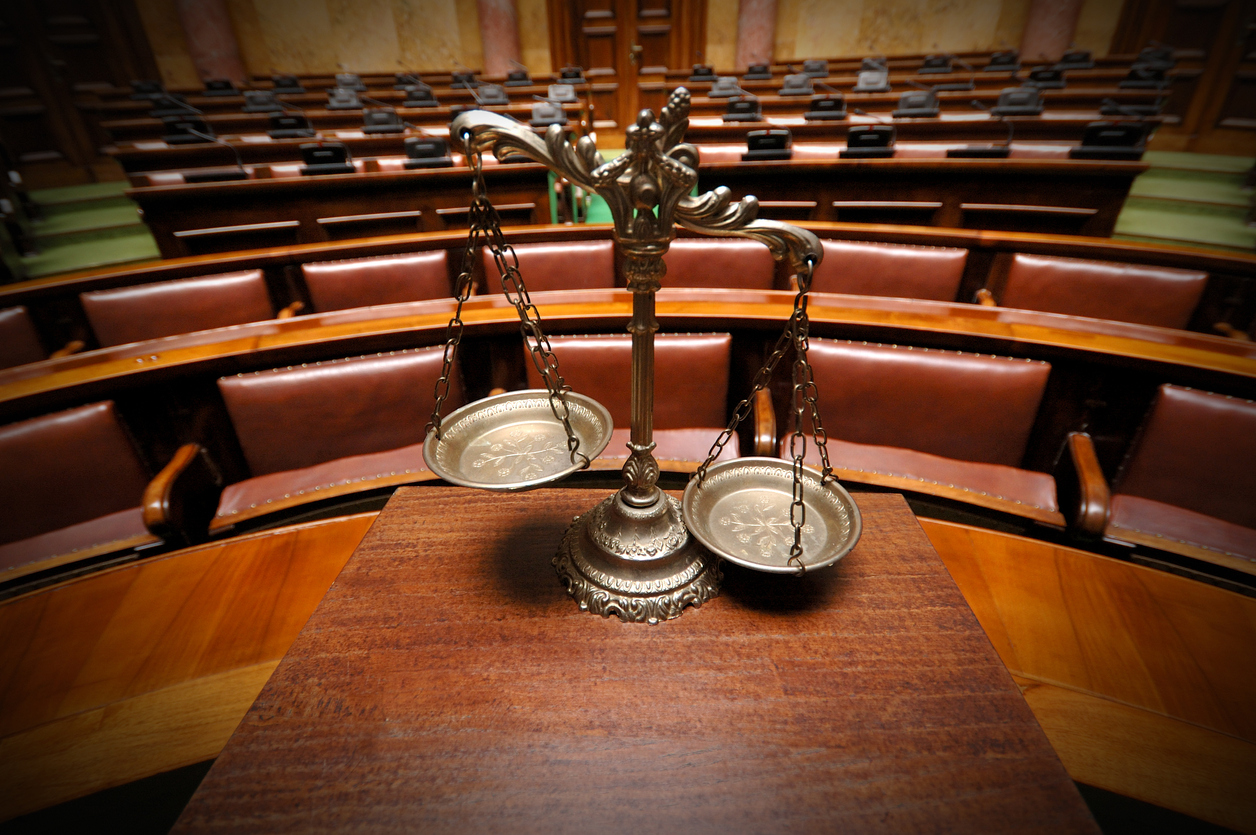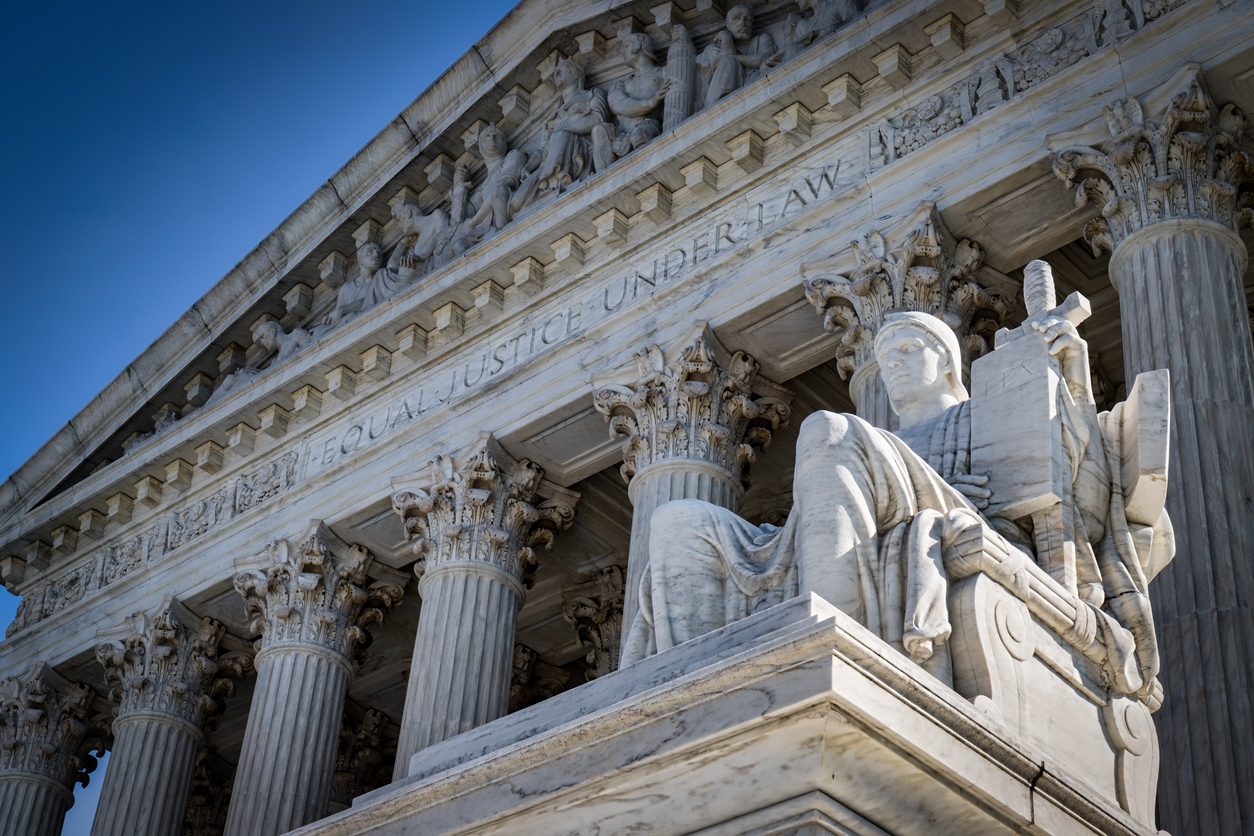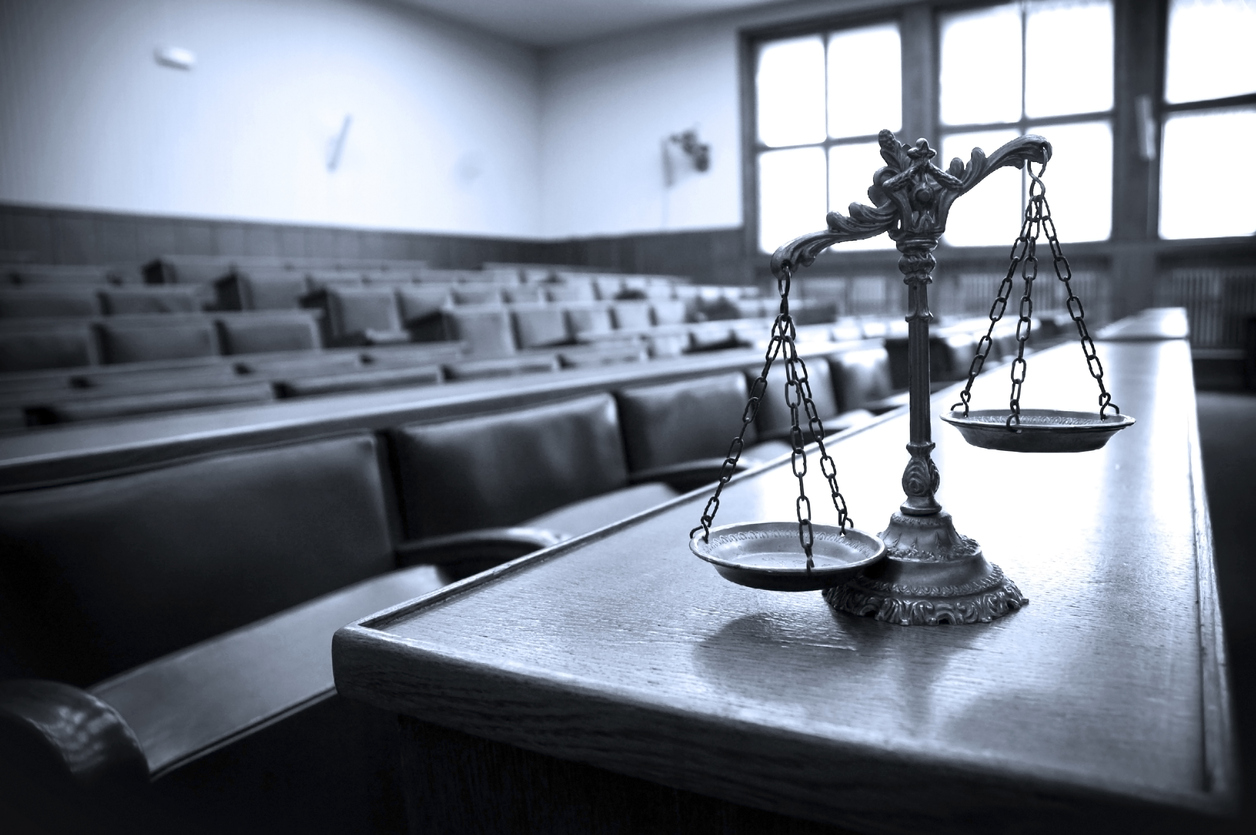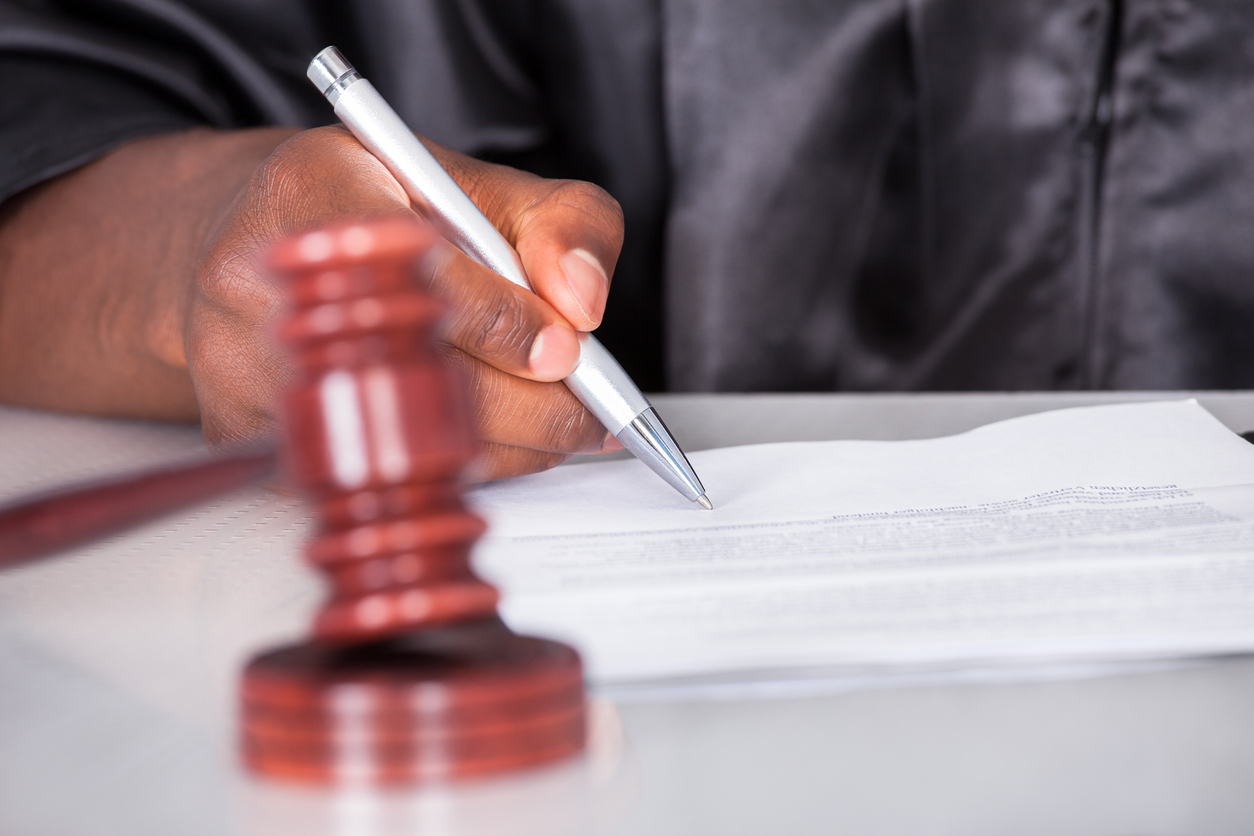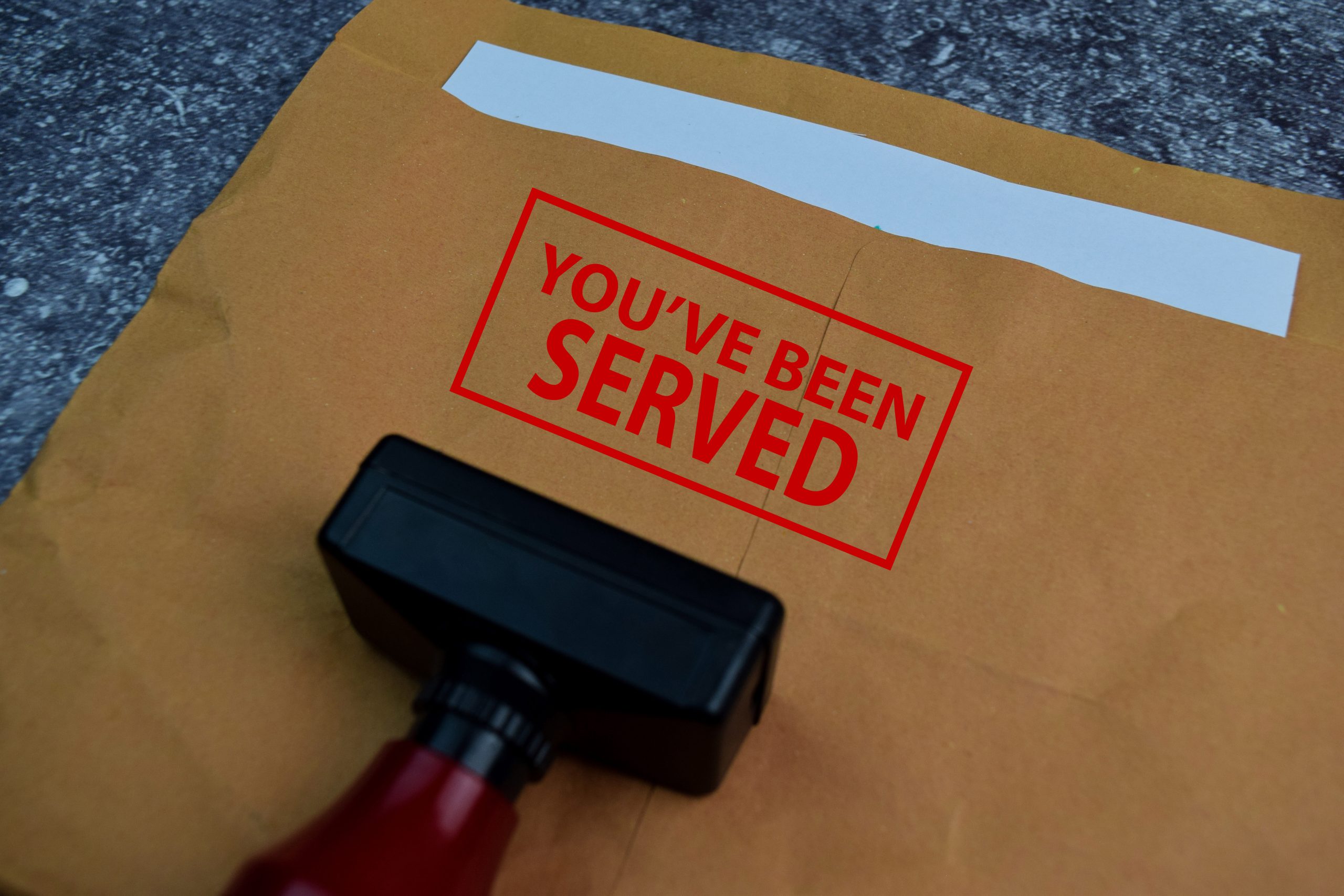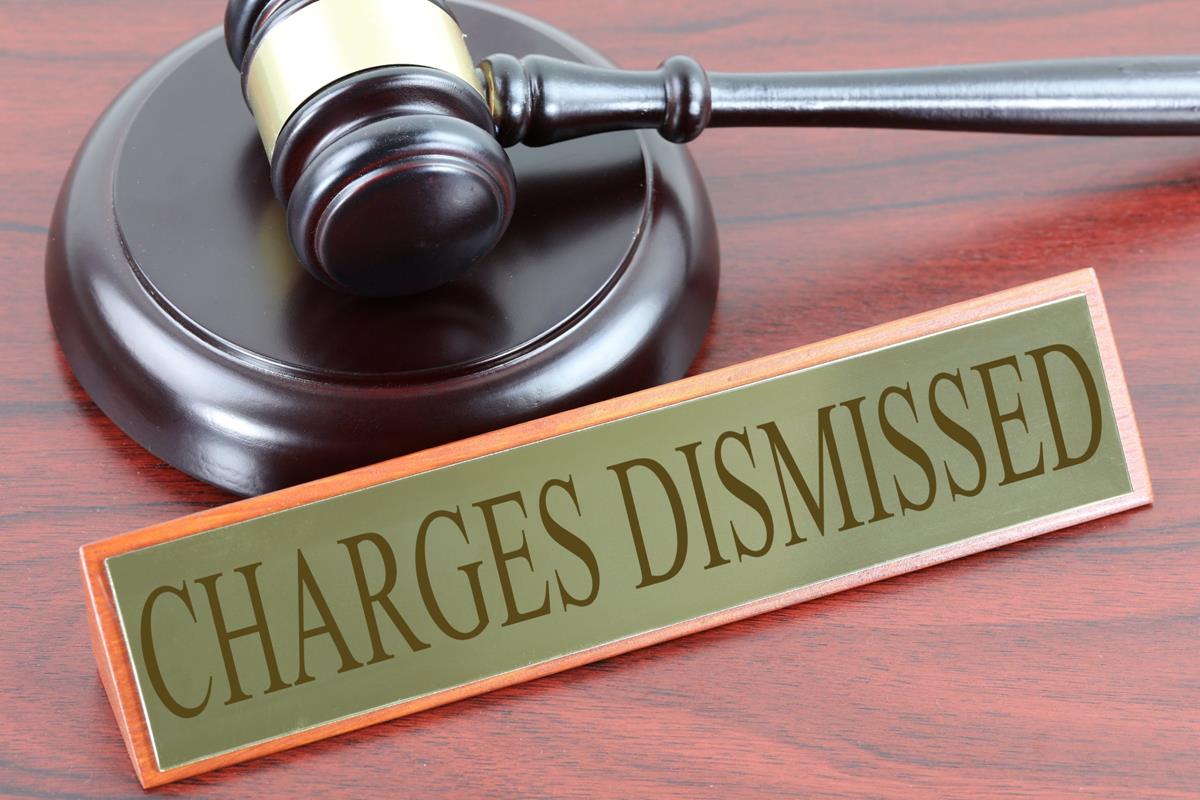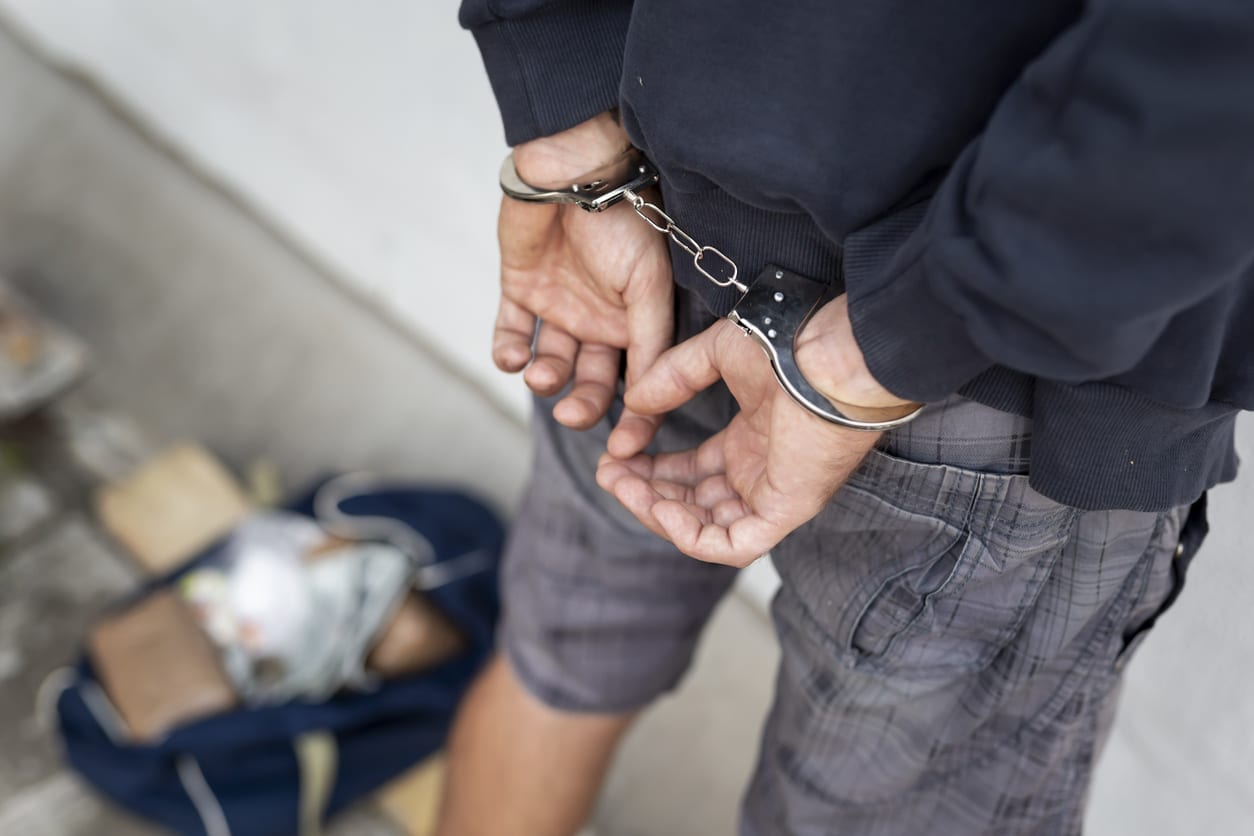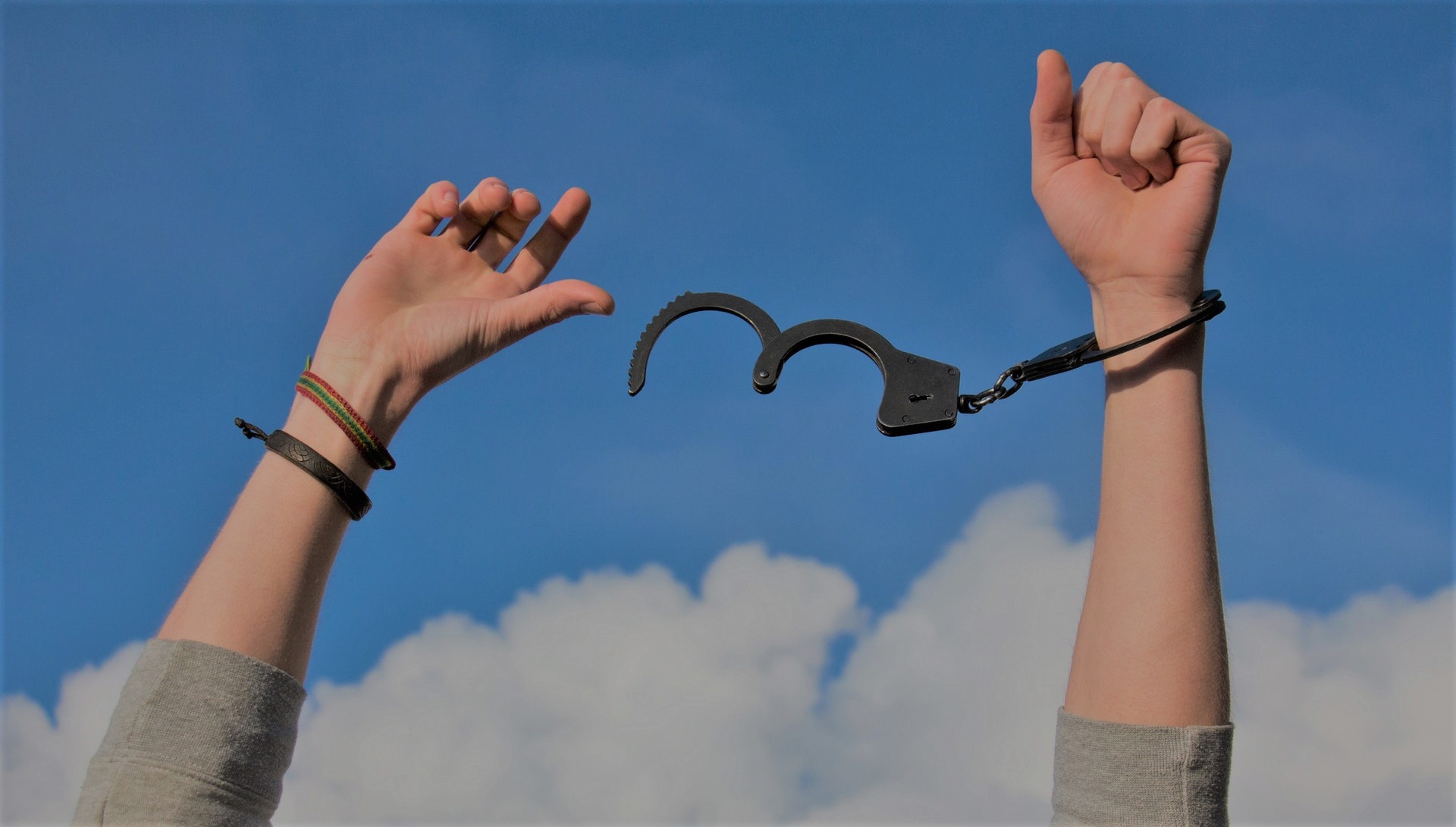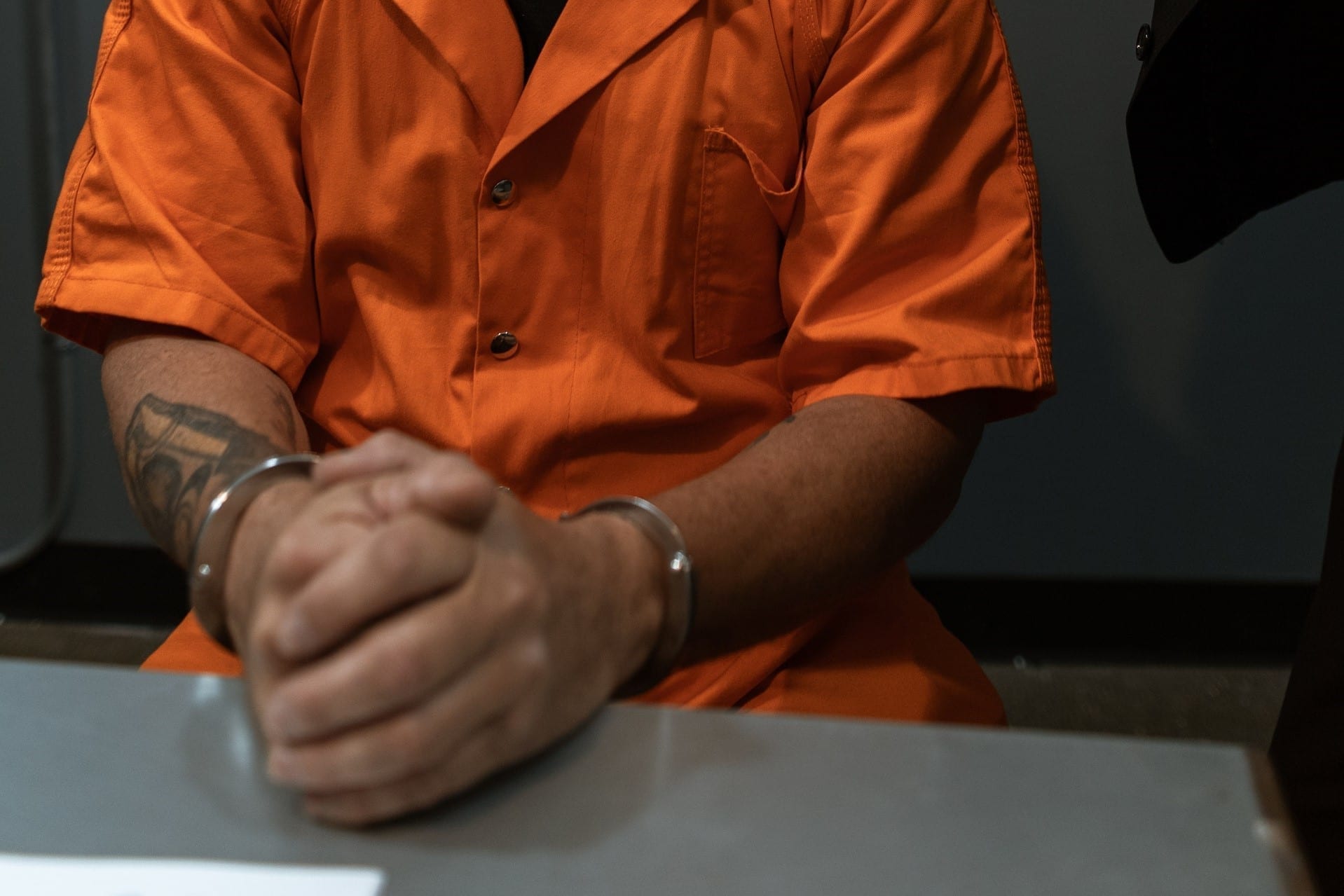Category: Going to Court
What is an Arraignment in a Criminal Court Case?
An arraignment is the first formal hearing in a criminal case. The judge will read the charges against you, and you will enter a plea.
READ MOREWhat Is Probable Cause In A Hearing or Investigation?
For law enforcement, probable cause allows them to get warrants. Probable cause for prosecutors means they have enough evidence against you to hold a hearing
READ MOREWhat is the Difference Between a Guilty Plea and a Not Guilty Plea?
At the beginning of a criminal case, you have three choices when you enter a plea: guilty, not guilty or no contest. How do you decide which?
READ MOREWhat Does an Acquittal in a Criminal Trial Mean?
Acquittals can also happen for some charges in a case, but not for all the charges. But, an acquittal is not the same as a not guilty ruling.
READ MOREWhat Are Your Rights To A Trial in a Criminal Case?
The Bill of Rights outlines a number of rights that everyone has during a criminal trial. These rights help to ensure that people have a fair legal process.
READ MOREWhat are Criminal Charges in an Indictment?
An indictment is an official document someone receives when they get accused of a crime. Indictments are usually reserved for felony-based charges.
READ MOREWhat Is a Dismissal of the Charges Against You?
A dismissal of the charges against you means your current criminal case will end. But, this does not mean the charges go away for good.
READ MOREWhat is the Felony Flow Chart?
The first step in the felony flow chart occurs before arrest. This is when a crime is committed or reported.
READ MOREHow Do You Request a Pardon or Commutation?
A pardon frees someone from their legal consequences. But how do you request a pardon or clemency?
READ MOREWill You Go Straight to Prison After You Are Convicted?
If you’re convicted of a crime, you may be sentenced to prison. But whether you go straight to prison depends on your specific case.
READ MORE